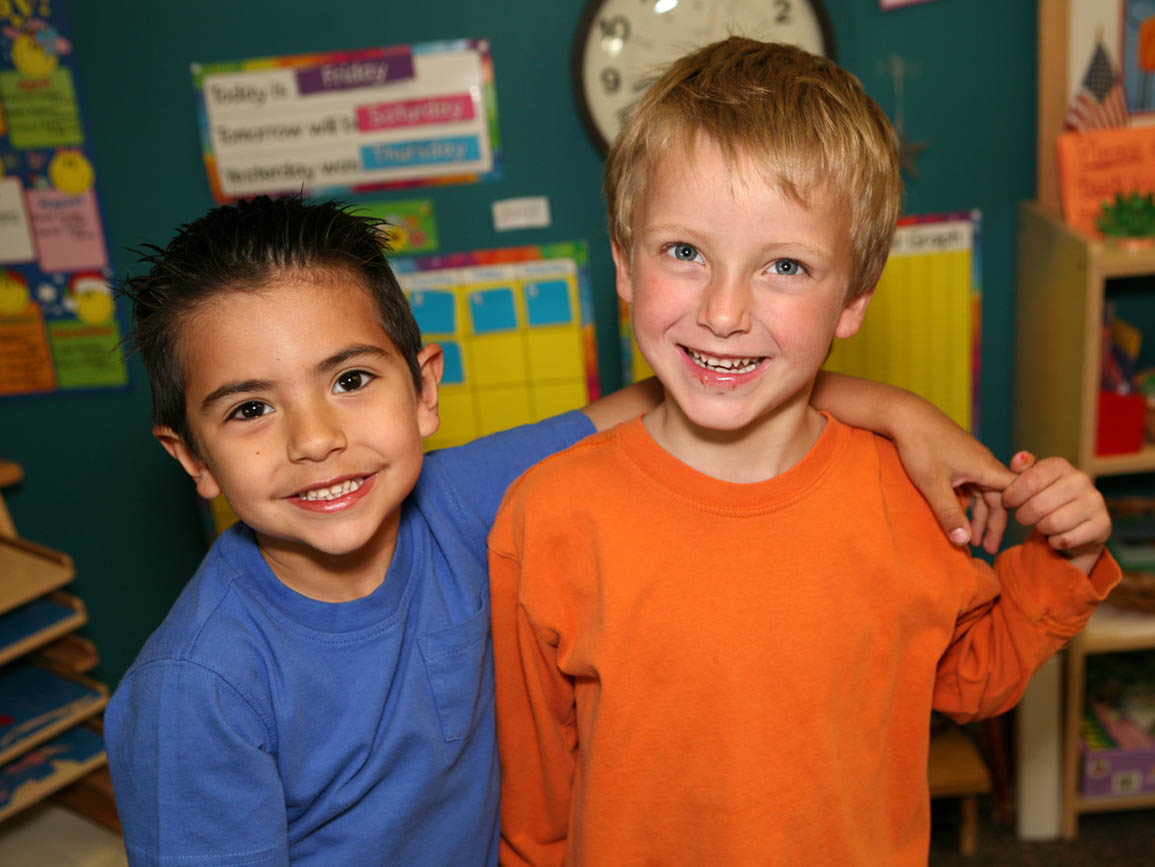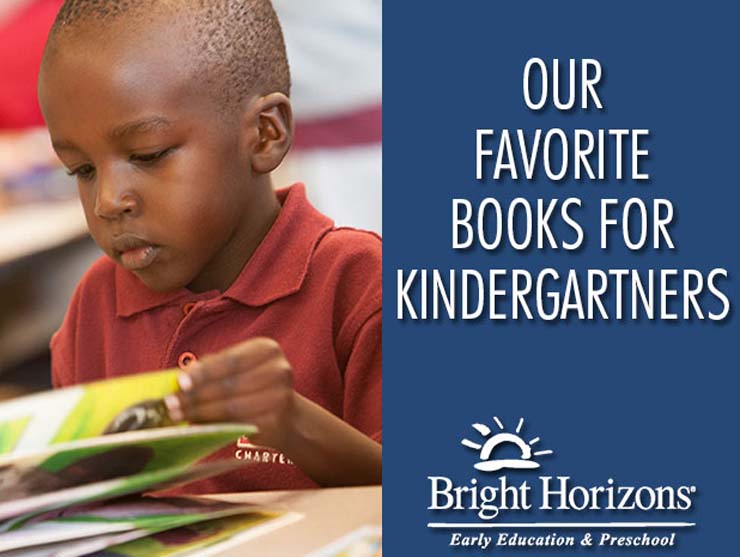We've all had the experience of making a mistake that we needed to apologize for or being asked to forgive someone whom we felt had wronged us. Both situations are tricky circumstances that can either be handled and quickly forgotten or be mishandled and create negative feelings that linger. How do we guide children in giving apologies or granting forgiveness when we as adults aren't always so deft in these situations ourselves?
How to Apologize
Situations that may need an apology occur regularly between children. A sibling may accidentally bump into her younger brother. Your son may get upset with a friend who won a game your child really wanted to win. It is easy to tell a child to apologize and figure the incident is over, but apologizing between children can become routine. They may think that all they need to do is say "sorry." This leaves children thinking that they don't need to be responsible for their actions beyond a one-word apology. Sometimes, we pressure our child to say "I'm sorry." Over time, children may feel resentful of this request because they don't really feel sorry.
When managing conflict resolution for kids, helping children see the consequences of their actions is more likely to lead to learning. Consider the child's age and the seriousness of the incident in determining how to respond. "You knocked Sophie down. She bumped her elbow. Look, she's crying. I know you didn't mean to hurt her, but what do you think you can do to help her feel better?" Have the child who caused the accident, whether intentional or not, ask the hurt child if he or she wants a hug, an ice pack or something else. Understanding the consequences of their actions and helping to fix the situation are two key elements in helping children develop empathy for others.
How to Forgive
Many of us have unresolved issues with the people in our lives. We may hold on to a grudge for years towards someone who wronged us in the past. Forgiving someone, even if it is just in our minds, is much healthier and can even feel freeing. The same can be said for children. In general, children are much quicker to forgive than we are anyway. They can be angry one minute, then back to being best friends the next. We can often learn from children in this area.
Sometimes, however, mistakes are not quickly forgotten. Hurtful incidents between children may be intentional or unintentional. With conflict resolution for kids, it is important to clarify to the hurt child when an incident was unintentional. "Shaun didn't mean to knock you down. He was running really fast and bumped into you." When an incident is intentional, the adults involved can talk it through with the child to find out why it happened. "I saw you push Danielle. Can you tell me more about what happened? Are you feeling angry?" Even very young children can be exposed to "feelings" language.
It may be useful to explain forgiveness to a child. "When someone hurts your body or hurts your feelings, it helps to forgive them. That is when you tell them 'That is OK and you are still my friend.'" Depending on the age of the child, explain that everyone makes mistakes and staying mad at a friend doesn't help anything. It is much better to forgive and go back to being friends.
With siblings in particular, notice if there are patterns of behavior that repeat themselves, such as one child always being the one needing to apologize and one child always being the one to forgive. This situation may arise, for example, after welcoming a new addition to the family as your child adjusts to having a new sibling. In these situations, it may be good to talk further. "I noticed you were rough with your little sister again. That is not OK. It must be hard having a new sister that I spend a lot of time with. Tell me more about what you are feeling. And the next time you are feeling angry, come and tell me and I’ll help you figure out what to do."
In summary, there are a few factors to consider when teaching children how to apologize and how to forgive:
- The ages of all the children involved
- The seriousness of the incident
- Past history between the children involved (Does this happen often between these two? Is one always the aggressor and one always the hurt one?)
More on this Topic
- Find ideas for raising children to have character, principle and integrity.
- Get tips to help children learn to care and cooperate with others.
- Discover some of our favorite toddler & preschool books about friendship and caring.
- Humor: 10 Times I Said Sorry When I Shouldn't Have





